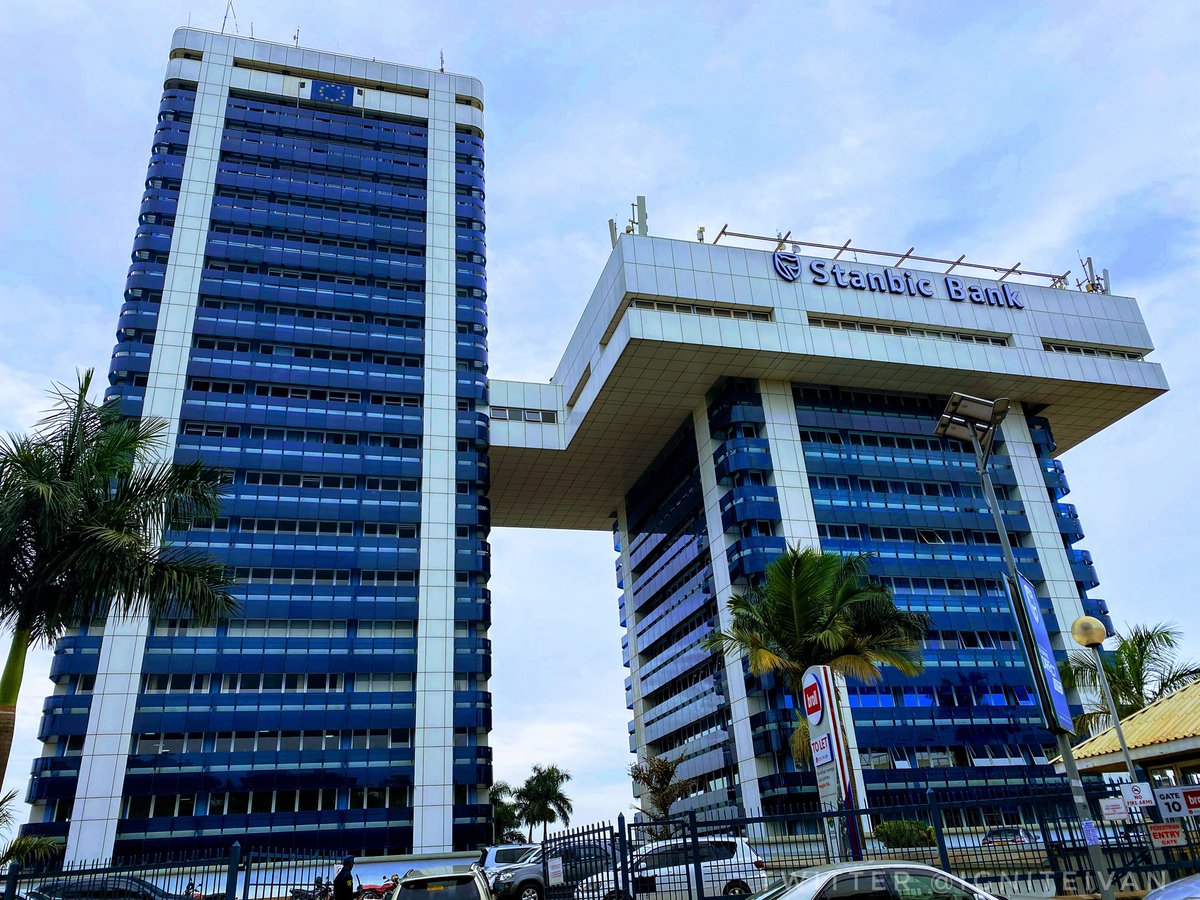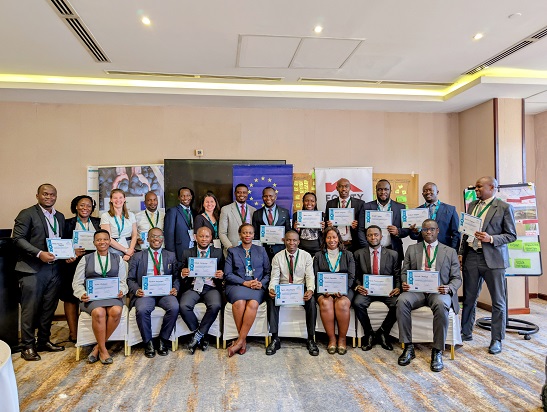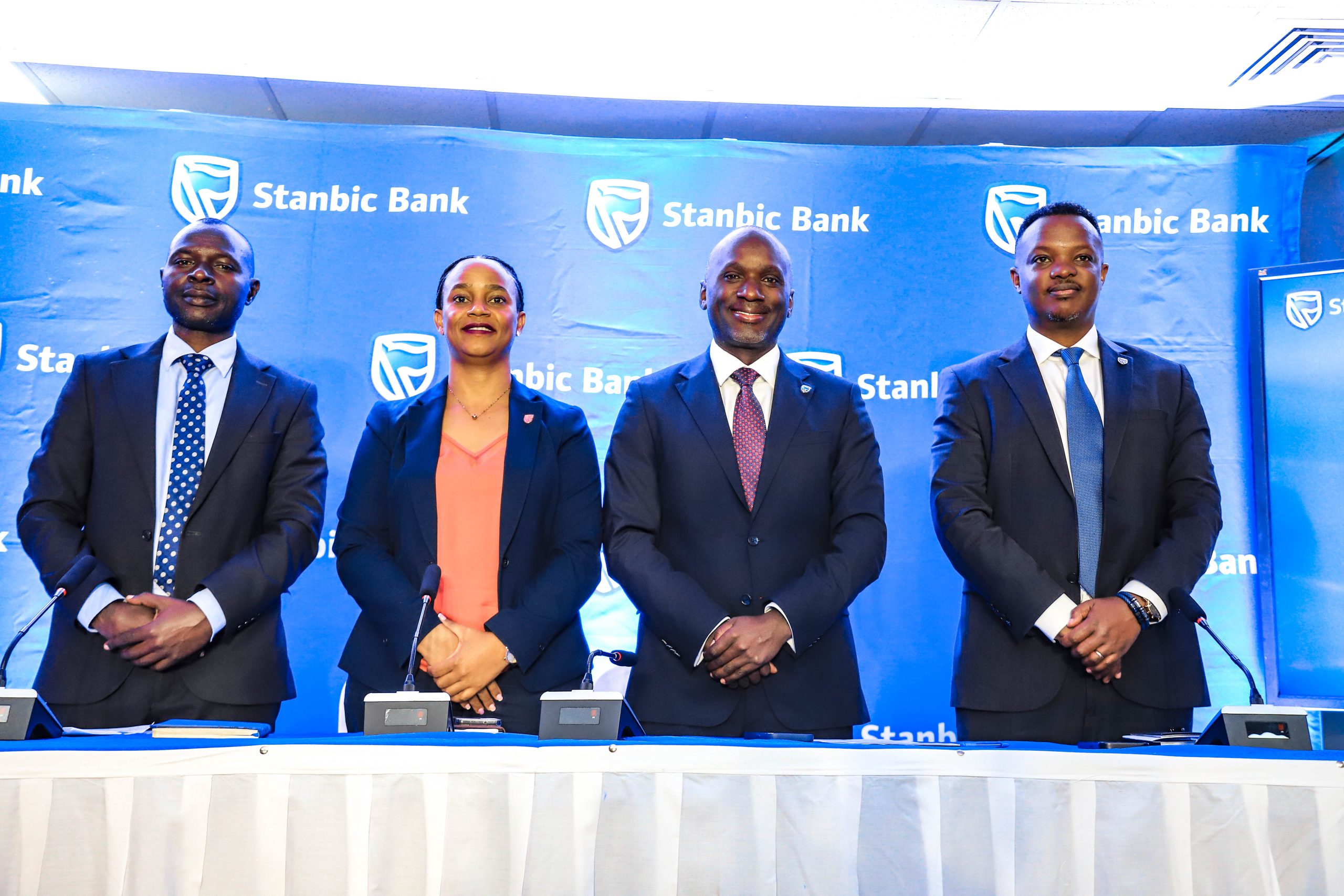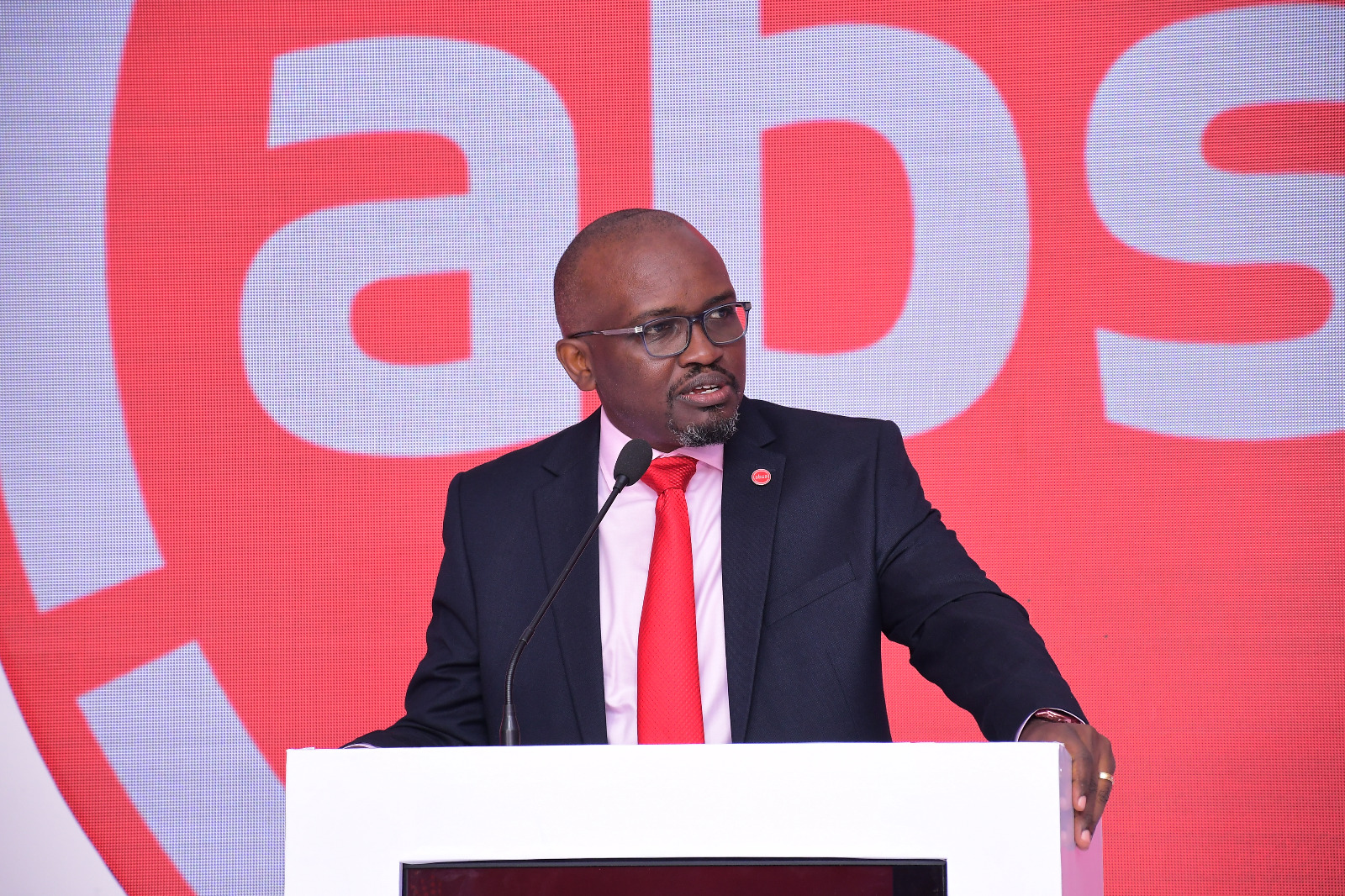Stanbic Bank Uganda has announced an increase in its unsecured loan offering to Savings and Credit Cooperative Organizations (SACCOs) from sh200 million to sh4 billion, attained at an interest rate of 10%.
This was unveiled during the bank’s saccos forum hosted at Onomo Hotel in Kampala.
Francis Karuhanga, the Chief Executive of Stanbic Holdings Uganda Limited (SUHL) said the decision to elevate the SACCO preposition is a strategic response to the feedback gained from the previous engagements with Cooperative leaders across the country and the growing demand for affordable financial solutions, a move that perfectly aligns with the government’s National Development Plan.
Karuhanga said the increased loan limit is expected to empower SACCO groups, especially those led by women and youth providing them with greater financial resources to invest in their enterprises, improve operations, and contribute positively to the social-economic transformation of the unbankable community.
“In line with our purpose, we believe that by doing this we are not only creating opportunities for our customers but also transforming the lives of people who we cannot reach as a bank. Statistics show that all banks in Uganda only serve 5 million people yet the Savings and Credit Cooperative Organizations serve close to close to 20 million people. Therefore it is s paramount for us as the leading drivers of Uganda’s economic development to provide access to inclusive and affordable financing solutions,” Karuhanga said.
James Junguru the Stanbic Manager handling Savings and Credit Cooperative Organizations said that the new sh4 billion ceiling allows for significant enhancements in loan distributions, facilitating larger projects and financial turnaround for these cooperative societies, which play a vital role in the livelihoods of many Ugandans.
For SACCOs to access this financing, it need to have been in operation for at least three years, with audited books of account and credible leadership.
“Stanbic bank has already disbursed over sh200 billion and is currently undertaking comprehensive support and resources to help SACCO members understand the new opportunities available to them. These offers include investment alternatives like treasury bills and unit trusts through our sister company SBG Securities, affordable insurance packages for their loans and assets, and an opportunity to integrate their systems into our Flexipay platform which simplifies collections, distribution, and managing records among others,” Junguru said.
Augustine Tamale, a leader from one of the saccos thanked the bank for organizing the interactive event. He said developments like increasing the sacco unsecured loan ceiling is a great opportunity to help them remain liquid at all times.
“This move is very important because when our members save money, they expect to get helped in time of need up to three times their total savings. However, as SACCO leaders we are always looking for investment opportunities to help our groups make money and grow our assets and pay dividends,” he said.
“However sometimes members may come looking for more money at a time when we have just invested for example in a real-estate site where money can’t be realized immediately. Therefore, an intervention like increasing our credit ceiling will help us serve our customers better.”
Tunde Thorpe, the Stanbic Bank Head of Transactional Banking, described the move as part of the love month celebrations under which the bank continues not only to give back to communities but also offer innovative solutions that best suit the needs of its customers.
“Stanbic as an institution remains committed to fostering an inclusive financial environment that empowers individuals and supports sustainable development across the country. We know that this initiative has come at a crucial time as the country continues to navigate economic recovery in the aftermath of the pandemic. Our increased loan limit aims to encourage investment, stimulate economic activity, and ultimately drive growth within local communities,” Thorpe said.















Leave a Reply